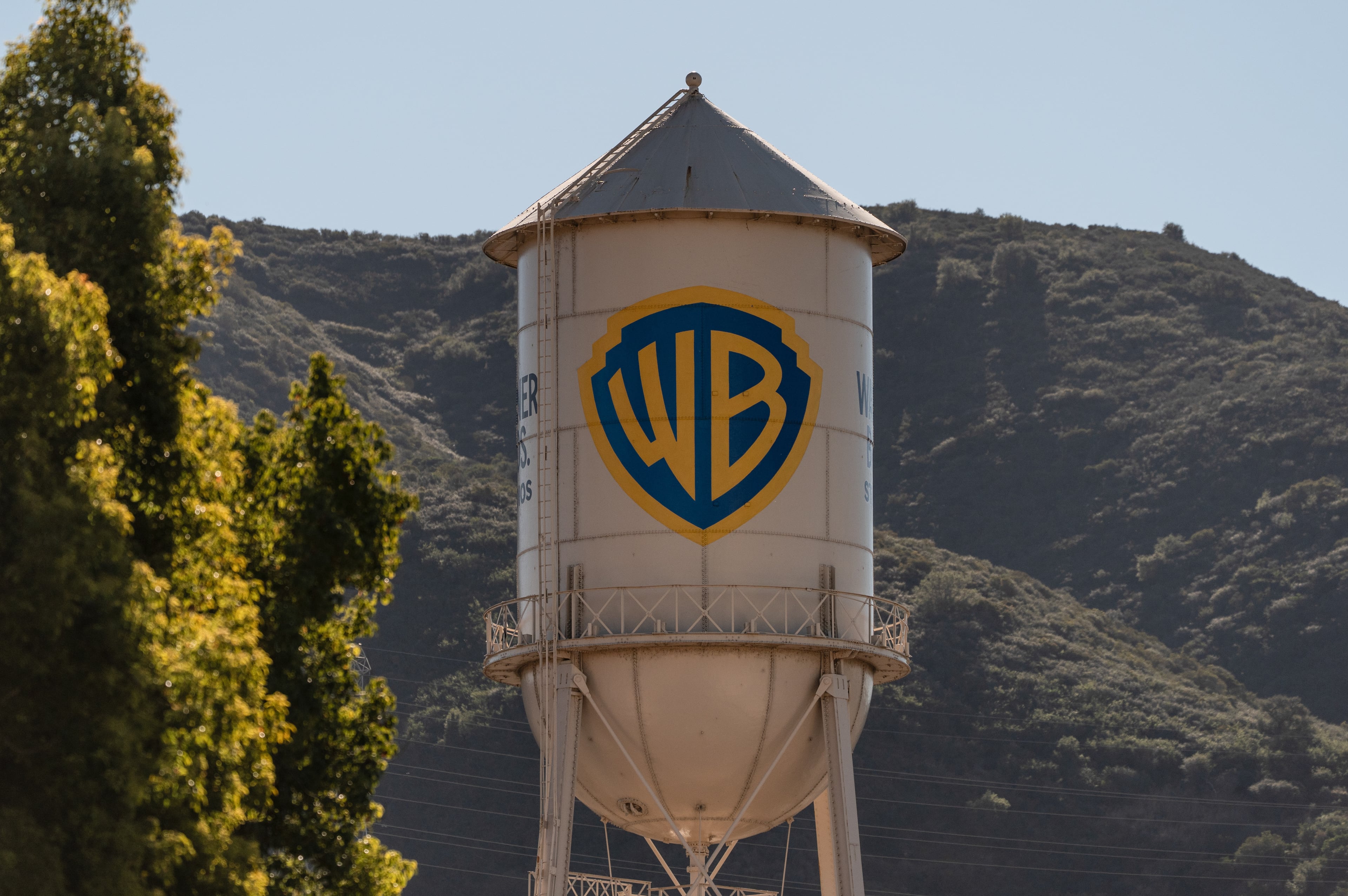Georgia film, TV business ‘should be booming.’ Here’s why it’s not

As temperatures started rising in Georgia, so too did the number of film and television projects underway in the state, a rebound in business for an industry still reeling from last year’s strikes by Hollywood writers and actors.
But the activity is still lower than its recent peak in Georgia, a trend that is expected to continue as media companies adjust to what experts say is the “new norm” for content production amid industry belt-tightening and consolidation.
Forty-two scripted projects were filming in Georgia during the second quarter, according to global production tracker ProdPro. About half began in the April to June period. During the first quarter, 30 projects were filming statewide.
These figures do not include commercial or unscripted content, such as reality TV shows, or projects with a budget less than $5 million.
The number of Georgia projects underway is more than one-third higher than the same time a year ago, when production began to slow leading up to the Writers Guild of America strike. Compared with the second quarter of 2022, however, volume is down by 28%.
This same pattern is happening across the country, though Georgia has rebounded more quickly. Production in the U.S. increased 30% year-over-year in the second quarter, though the volume is 40% lower than production in Q2 2022.
“It’s definitely a slow roll in getting back to consistency, but all-in-all the industry is still very much dead,” said Michael Clark, the general manager at Eagle Rock Studios, which has soundstages in Norcross and Stone Mountain. “We’re hopeful that it comes back soon. We’re curbing our expectations. I don’t think it’s going to be a full boom until 2025.”
Georgia saw a rush of business in late 2020 through 2022 as one of the more accommodating filming locations in the U.S. as streaming services rushed to produce new content to win over subscribers. That content wave has since crashed as strikes last year halted many projects and the studios curbed spending, including projects like Marvel comic adaptations and Netflix television series that have often flocked to Georgia.
Production picked up this year between the first and second quarters for a few reasons. For one, the backlog of projects that were delayed or paused because of last year’s strikes is beginning to loosen. Nationally, TV series saw a 20% increase year-over-year, driven by major studios making up for lost time and ensuring their fall slates are delivered, according to ProdPro.
Plus, the union representing behind-the-scenes crew members, the International Alliance of Theatrical Stage Employees, reached a deal last month with the studios on a new contract. Production lagged at the start of the year as the industry waited to see if IATSE would strike.

Eagle Rock has seven stages, a small number compared with larger studios in the state, such as Trilith in Fayetteville, which has 32 stages, or the just-completed Assembly Studios in Doraville, which has 19. But July is the first month since the strikes that all of Eagle Rock’s stages have been leased, Clark said.
Still, production has yet to rebound to peak levels. And it’s possible it never will. What this means for Georgia’s 4.4 million square feet of soundstage space, much of it brand new, is unknown.
From late 2020 into 2022, production boomed as studios and streamers raced to meet a demand for content.
“You couldn’t find stage space anywhere,” Clark said as producers clamored for available buildings.
Real estate developers in Georgia helped to meet this demand. Since 2020, the amount of soundstage space has doubled in Georgia. Five new studios opened in Georgia over the past year-and-a-half, and several other campuses added soundstages.
The feverish pace of production slumped to a slow trickle in early 2023, as the industry braced itself for a strike. On top of this, shareholders of the content-crazy media companies began to push for profitability, not just subscriber growth. Netflix, Disney and several of their peers announced plans to reduce their output of original content to save costs.
“These companies are profit-seeking at the end of the day,” said Scott Geyman, ProdPro’s the director of product and operations.

Before taking his role at Eagle Rock, Clark worked consistently during the boom as a freelance production supervisor. And every project he worked on ended up getting canceled.
“We’re never going to get back to that point where Hollywood is so reckless that they’re throwing everything at the wall to see what sticks,” Clark said.
The industry could face another hurdle as it heads deeper into the summer season. The threat of another strike still looms. Hollywood Basic Crafts, a coalition of unions advocating for Teamsters drivers, electricians, location managers, is still bargaining to renew its three-year contract with the Alliance of Motion Picture and Television Producers. The current contract expires on July 31, and their scheduled bargaining days are slated to conclude Friday.
Some studios in Georgia are seeing lower-than-average occupancies on their stages. Part of this has to do with the increase in competition across the state — there are now more soundstages to choose from.
Clark said that the industry “should be booming” this time of year, with networks and streamers preparing to complete their fall TV schedules.
“It’s a huge transitional period we’re seeing in the industry. No one knows for sure how we’re going to come out, but the one consistent consensus is that it’s never going to be as booming as it was in the period right after the pandemic,” Clark said.



